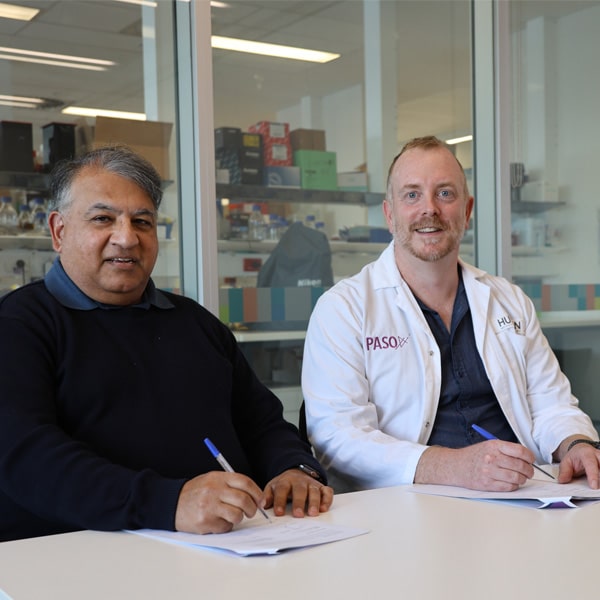Around 27,800 Queenslanders were diagnosed with cancer in 2015, according to the latest statistics, which reveal cancer cases in Queensland have more than tripled in just over three decades.
Cancer Council Queensland’s Viertel Cancer Research Centre has released 2015 data and trends (the latest available from the Queensland Cancer Register) for incidence, survival, mortality and prevalence, providing the latest snapshot of cancer in Queensland.
Cancer Council Queensland CEO Ms Chris McMillan said the data showed one in two Queenslanders are likely to develop cancer during their lifetime and more than one in four likely to die as a result of cancer.
“The top five most common cancers in Queensland in 2015 were prostate cancer, melanoma, breast cancer, colorectal cancer and lung cancer – consistent with previous years,” Ms McMillan said.
“Around 4072 Queensland men were diagnosed with prostate cancer each year, and about 634 men died from the disease”.
“Melanoma is the second most common cancer in Queensland, with around 3601 new cases diagnosed per year, followed by breast cancer with 3218 new cases, colorectal cancer with 3077 new cases and lung cancer with 2309 new cases diagnosed each year.”
While much of this increase in the number of cancers diagnosed over time is due to population growth and aging, there have also been changes in known risk factors such as smoking, alcohol consumption, diet, physical activity and sun exposure.
The new data also revealed the most common types of cancer death in Queensland in 2015.
“The leading type of cancer death in 2015 was lung cancer, causing 20 per cent of all invasive cancer deaths, followed by colorectal cancer (12 per cent),” Ms McMillan said.
The good news is that across all cancer types in Queensland, the average five-year relative survival for 2011-2015 is 71 per cent, up from 69 per cent for the period of 2006-2010.
Ms McMillan said the data demonstrated the need for ongoing investment into cancer control strategies.
“While survival rates are improving, if current trends continue into the future, cancer will remain the leading burden of disease, impacting an increasing number of individuals and families, and placing an even greater burden on the community and the health system,” Ms McMillan said.
“We all have a role to play in cancer control through reducing our own personal risk of some types of cancer by making healthy lifestyle choices, enabling early detection by getting to know our bodies and participating in recommended screening programs, and supporting continued investment into cancer research and support services.”
The 2015 data is available online at cancerqld.org.au/qcsol.







